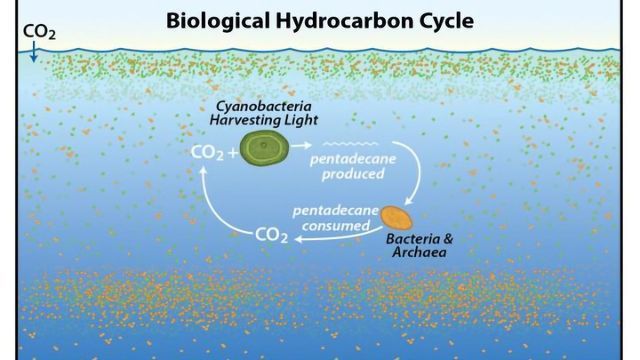Trending News
News

News
Eating Grapes May Help To Protect Skin From UV Damage
A recent human study found that consuming grapes protected against ultraviolet (UV) skin damage. Study subjects showed increased resistance to sunburn and a reduction in markers of UV damage at the cellular level. Natural components found in grapes known as polyphenols are thought to be responsible for these beneficial effects.

News
Plants May Be Able To Control the Genetics of Their Microbial Symbionts
Researchers from the University of Ottawa have discovered that plants may be able to control the genetics of their intimate root symbionts - the organism with which they live in symbiosis - thereby providing a better understanding of their growth.

News
Vaccine Diminishes Fatal Respiratory Effects of Synthetic Opioids
As the opioid epidemic raged on with an even greater force during COVID-19, the Scripps Research laboratory of chemist Kim Janda, PhD, has been working on new therapeutic interventions that may be able to prevent the bulk of deaths from opioid overdose.

News
Technique Gives a Window Into the Impact of Prebiotics and Probiotics on Gut Health
Researchers have developed a noninvasive way for identifying the major functions of the gastrointestinal tract, enabling them to assess the efficacy of frequently controversial prebiotics and probiotics on gut microbial health.

News
Investigating How Elephants Evolved To Become Resistant to Cancer
Why does cancer rarely afflict elephants, with their long lifespans and gargantuan bodies? Researchers delve into this mystery, demonstrating that elephants possess extra copies of genes that are linked to tumor suppression.

News
New Platform Can Quickly Make Vaccines at the Point-of-Care
A research team led by Northwestern and Cornell universities has developed a new manufacturing platform that can quickly make vaccines at the point of care, ensuring they will not go to waste and expanding access to potentially life-saving medications.

News
Team Sheds New Light on How Commonly-Used Breast Cancer Drugs Work
A class of drugs known as PARP-inhibitors used to treat hereditary breast and ovarian cancers, may not work the way we thought they did, according to new research published in Nature Communications.

News
New Method Developed To Generate Canine Stem Cells
A team of scientists in Japan has developed a novel method to induce stem cell generation from the blood samples of dogs. Through this technique, the scientists hope to advance regenerative therapies in veterinary medicine.

News
Retrogenes Are More of a Burden Than You Thought
A new study from scientists of the Max Planck Institute for Evolutionary Biology in Plön, Germany, and the Chinese Academy of Sciences in Beijing shows that the potential genetic burden of mutations arising from retrogenes is significantly greater than originally thought.

News
Immense Hydrocarbon Cycle Discovered in the World's Oceans
Hydrocarbons and petroleum are almost synonymous in environmental science. After all, oil reserves account for nearly all the hydrocarbons we encounter. But the few hydrocarbons that trace their origin to biological sources may play a larger ecological role than scientists originally suspected.
Advertisement




